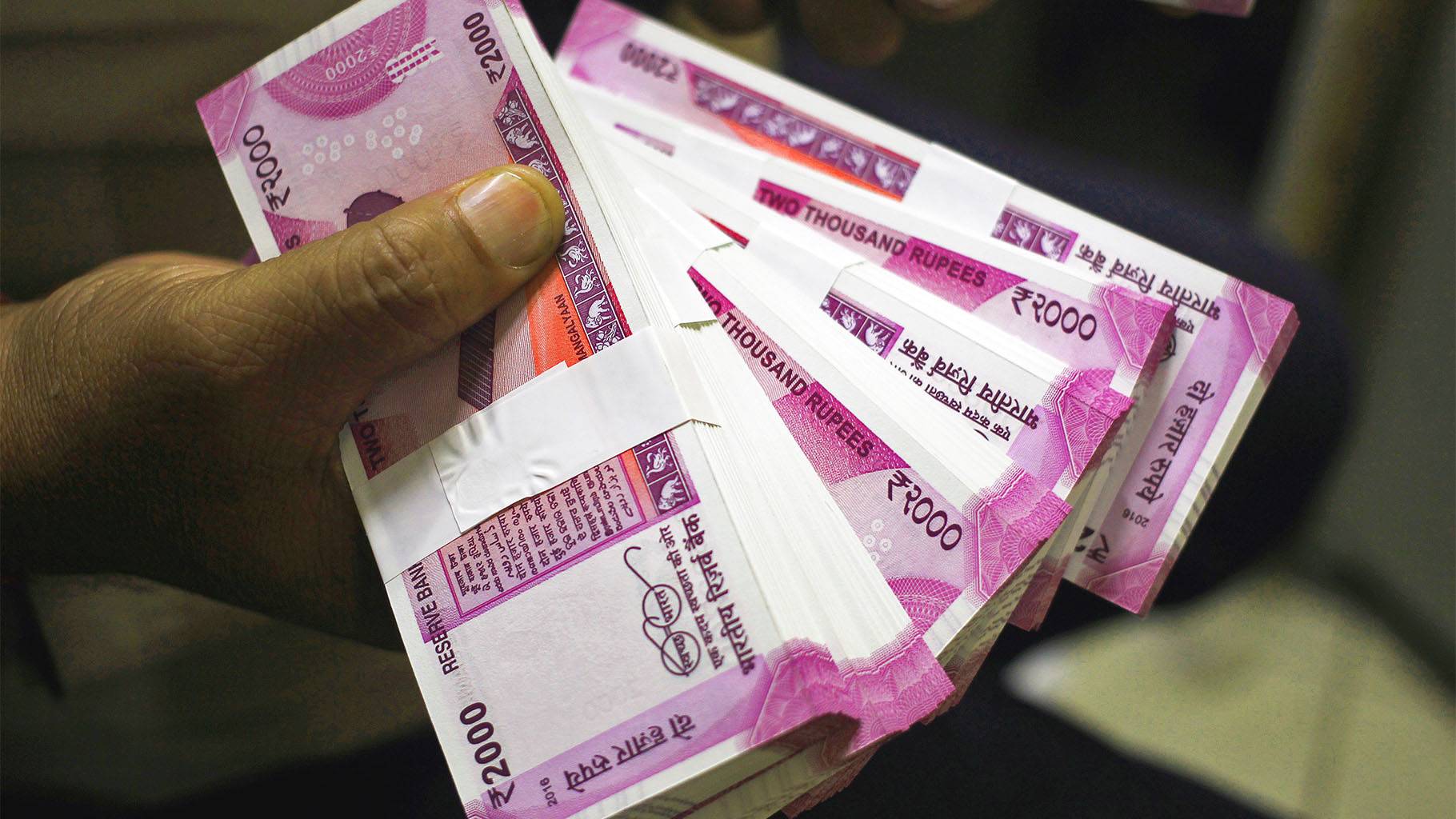
JAMMU, June 13: Draft Policy for Grant and Utilization of TDR in J&K over surrendering lands for Public Project is in Public domain and suggestions and comments are sought , whereas It can be uses as other option to Land acquisition compensation
Official told Cross Town News "The acceleration in urbanization is creating both opportunities and challenges. The biggest challenge lies in addressing the substantial infrastructural demands of this transition. Urban Local Bodies and Development Authorities often struggle with the financial burdens of this demand for amenities due to their limited revenue sources.
Additionally, land acquisition for public purposes such as road widening and for creation of other amenities is both costly and time-consuming.
To address these challenges, innovative funding methods are necessary to develop urban infrastructure and amenities at the required pace.
Transferable Development Rights (TDR) are one such innovative tool in funding urban infrastructure. TDR allows the separation of the development potential of the land from the land itself. While the land is surrendered to the authority for public projects, the development rights of that land are captured in the form of TDRs which can be used on other land parcels or transferred to others in need.
These rights entitle the holder to additional development beyond that permitted in the Development Control Regulations (DCRs). In this way, a public resource i.e. development potential of an area, is harnessed to obtain land for public amenities and accelerate the development of infrastructure and amenities.
On the other hand, those surrendering land are incentivized by giving them better compensation in terms of TDR, and more expeditiously, compared to what they would otherwise get.
TDR is already in use in many cities globally as well as in India.
Given the benefits observed in other regions, there is a clear need for Jammu and Kashmir to establish its own TDR policy to support seamless economic growth and enhance the welfare of its citizens.
|